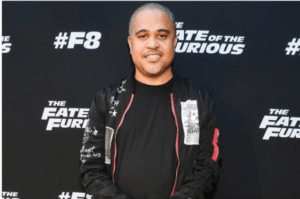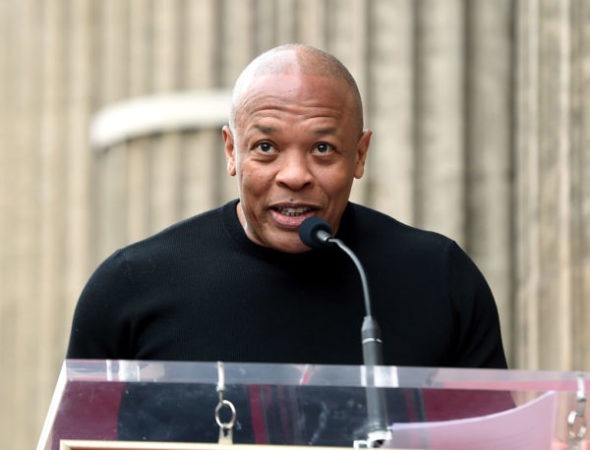
Yesterday, I had lunch with an associate. As we were leaving the restaurant, I noticed an older white lady crying on a bench while people were walking by in the midst of their own plans ignoring her. The passing crowd became a blur and my focus was on the old lady as all kinds of thoughts crossed my mind. Is she lost? Does she remember where she is? Did she just get some bad news? Is she waiting for somebody?
Whatever the situation was, she was in need of help. Initially, I didn’t see an old white lady, I saw someone’s mother, someone’s mother who needed help. I told my associate that the lady looked like she was in need of help but my associate was only concerned about making it to happy hour at a bar about a mile down the street. She was telling me to hurry up but I slowed down, I was thinking if that was my own mother, would I want someone to just walk past her and not ask if she needed help? Who gives a damn about happy hour? Then it hit me, I am a black man and this is an older white woman. If I go up and say something, will another white person accuse me of trying to rob her, if the police come will I be arrested or shot because they think I’m responsible for her fear if she is unable to talk or remember?
I finally had to sit down, close enough to watch the old lady, forcibly being split between helping another person in need, everyday racism and ignoring her like my associated wanted and going to happy hour. I was now the bad guy for showing concern which also made me question the value of the person I was with. When I looked up again, the old lady was gone, just as fast as she appeared. I don’t know if she got up and roamed around further or if a family member came and got her or if someone came to assist her, all I knew was it’s very unfortunate that as a black man, I had to debate whether or not to help another human being because they were another color and that my associate showed no concern for another human being in need. I hope the old lady is OK.
I’d like to relate this story to being a minority black entrepreneur and black entrepreneur as well. When a black male business owner is in need, his resources are often very limited or at least that’s how I originally set myself up to be. The black male business owner could very likely be the old lady on the bench in need of help but not knowing who to ask, frustrated and not having the answers or resources. While I have known other black black entrepreneurs, most were struggling or not even true black entrepreneurs trying to stay afloat. I had to start expanding my horizons because you don’t grow with people who not more advanced than you are. The story above makes me realize that we can take care of most of our problems in advance if we cover the ground we need to cover early on. We don’t have all the answers and we must develop relationships with those who do. Truth be told, I should have been having lunch with an older and wiser black entrepreneur and I should have been treating him or her for their time and wisdom.
These are the people we need to be developing a relationship within the event that we are stuck and on the bench. we must ask for help when we need it even if it comes from unlikely sources like business owners of another race. I’ve gotten great advice from black entrepreneurs from all walks of life. We never know the answers until we ask…. twice and it’s also important to have the insurance and assurance of the person around us who are better resources with greater knowledge for us. Always ask for what you want twice because the first person may not give you the answer you want but if you ask twice you will most likely get what you seek.
My best in business































